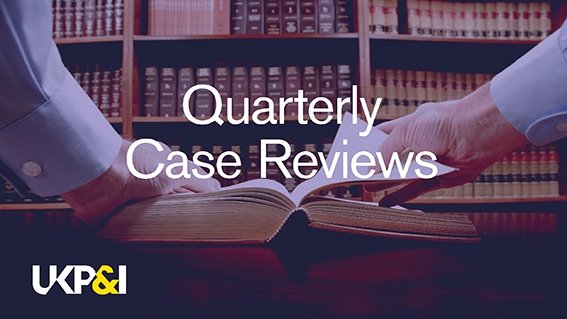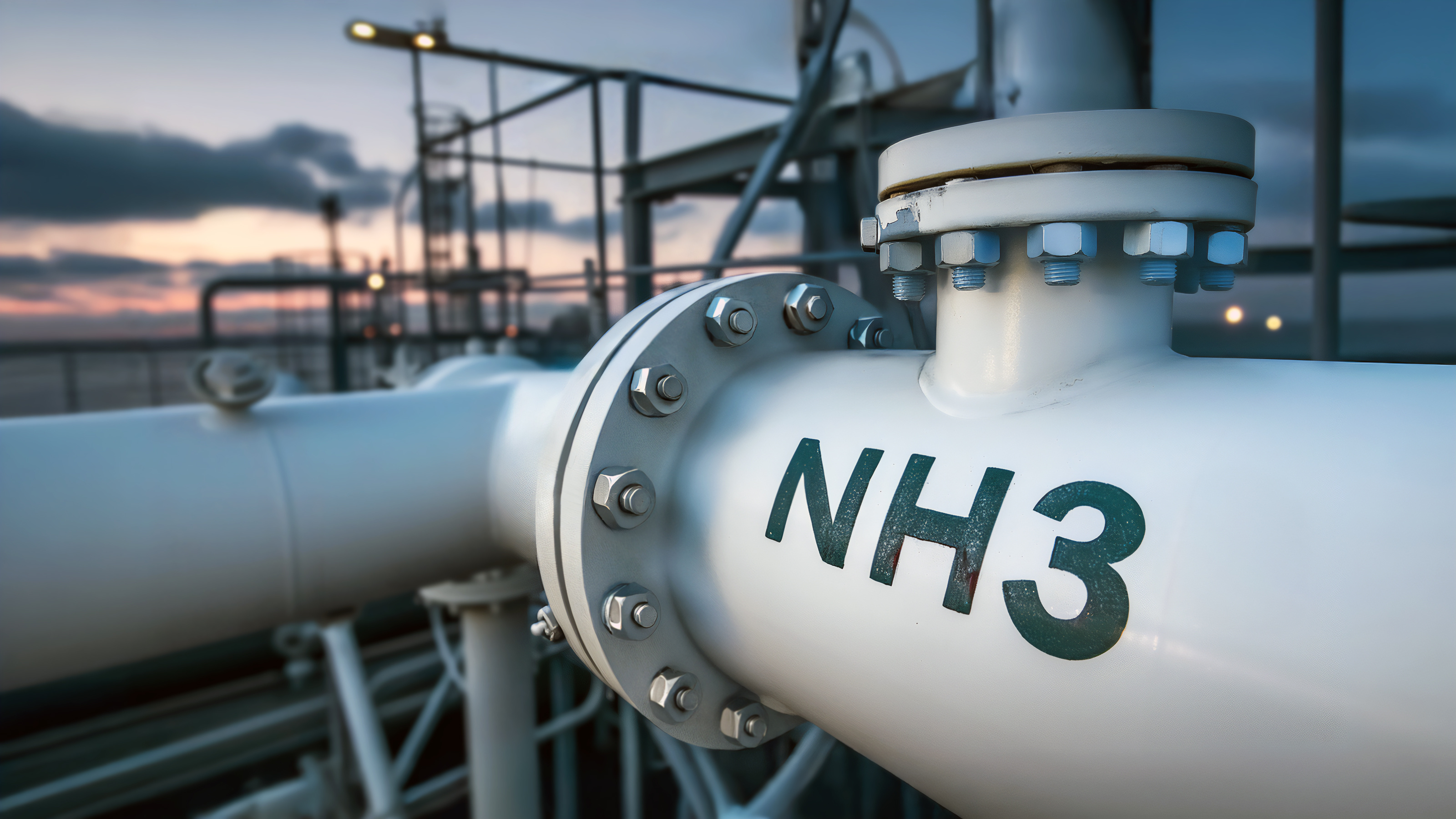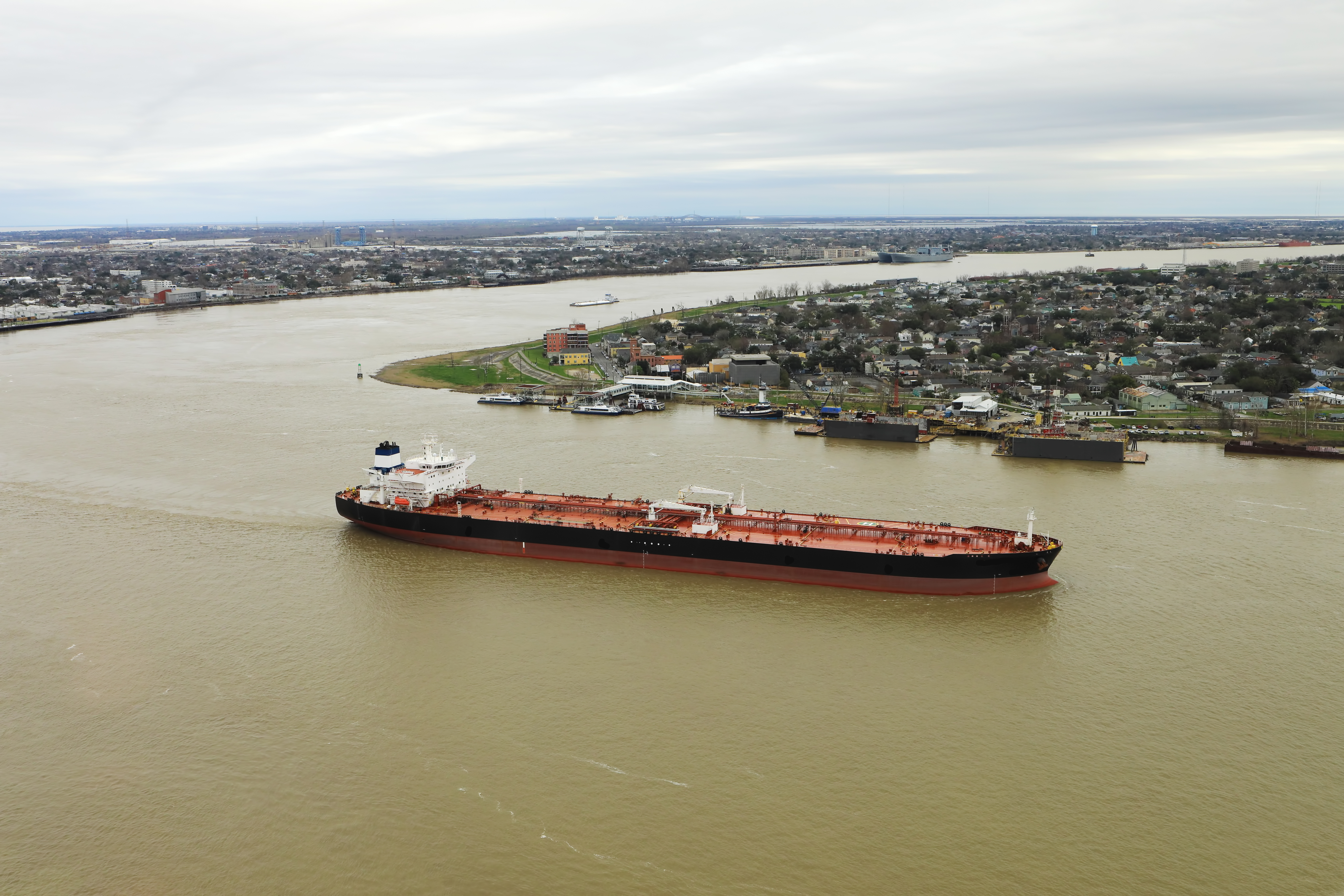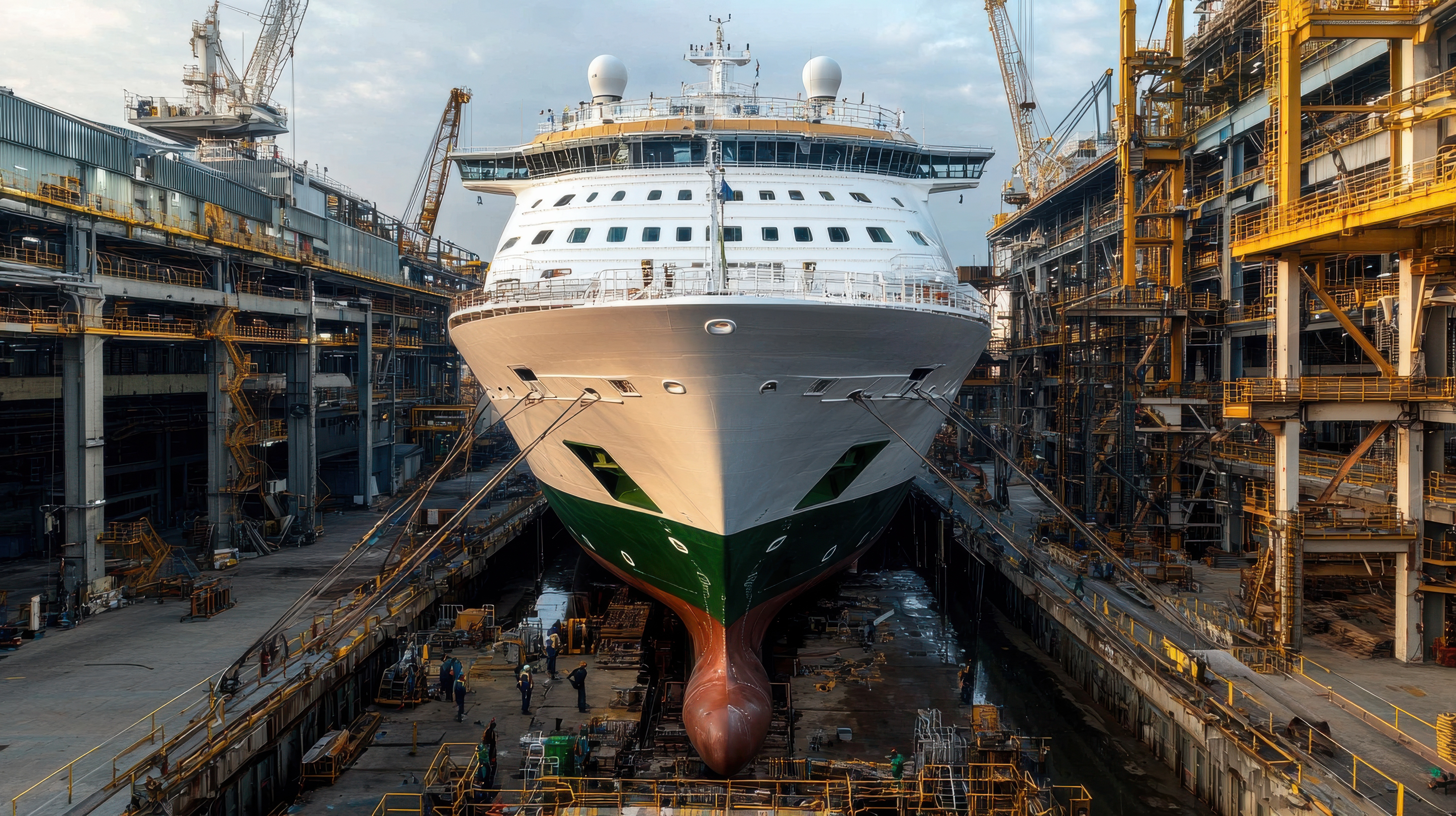
Violation of the California’s Ocean-Going Vessel At Berth Regulations Results In almost $2m million settlement.
BACKGROUND
The California Air Resources Board known as CARB announced on October 7, 2020 that “[t]hrough routine audits, CARB discovered that Del Monte’s chartered fleet calling at the Port of Hueneme for 2015-2016 did not meet the operational time limits for at least 50 percent of its visits and did not reduce its auxiliary engine power generation by 50 percent. In addition, their 2017-2019 chartered fleet visiting the same port did not meet the operational time limits for at least 70 percent of its visits and did not reduce its auxiliary engine power generation by 70 percent.”
The At-Berth Regulation originally adopted in 2007 aims “to reduce diesel emissions from ocean-going vessels. It requires anyone who owns, operates, charters, rents or leases any U.S. or foreign-flagged container, passenger or refrigerated-cargo vessel that visits a California port to meet the operational time limits and reduce their power generation fleet-wide, as well as submit statements of compliance.” In in the summer of 2020, CARB approved a new At-Berth regulation which expands the existing At-Berth Regulation to “new vessel categories which will be required to control pollution when they run auxiliary engines or auxiliary boilers (for most tanker vessels) while docked. These auxiliary engines power the electricity and other onboard operations during a vessel’s visit, which can run from less than one day to several days.”
JUDGEMENT
As a result of these violations, CARB announced that it had reached a settlement with Del Monte Fresh Produce N.A. Inc. for $1,990,650. This settlement represents the largest penalty to date related to clean air violations for California’s Ocean-Going Vessel At Berth Regulations.
COMMENTS
The following schedule has been put forth by CARB. The original regulation will stay in force through 2022, while the recently updated regulation starts in 2023. The container, reefer and cruise vessels – already included under the existing rule - will transition to the new regulation in 2023. Additionally, auto carriers and Tankers docking at Port of Los Angeles and Port of Long Beach must comply in 2025; Tankers in Northern California will have until 2027 to comply with the At-Berth regulations.
As demonstrated by the Del Monte settlement, the penalties for violating these At-Berth regulations can be significant. We, therefore, encourage all members to familiarize themselves with these At-Berth Regulations before calling into a California port.
Any questions should be directed to UK Club’s San Francisco Office. Further information can be found at the links below.
For more information please view the Press Release and CARB.




